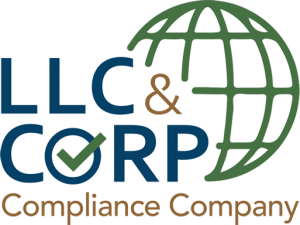
New BOI Rules for Beneficial Owners
A “beneficial owner” includes any individual who, directly or indirectly, exercises substantial control over a company that files a BOI report. An individual exercises “substantial control” over a reporting company if it meets any of four general criteria:
- The individual is a senior officer.
- The individual has the authority to appoint or remove certain officers or a majority of the directors of the company he or she reports to.
- The individual is an important executor of decisions.
- The individual has any other form of substantial control over the company he or she reports.
You are not required to have an ownership interest in the company that is filing the BOI report. There is also no limit on the number of persons who may be considered to exercise substantial control over a reporting company. An individual may exercise substantial control, directly or indirectly, over a reporting company, including through contracts, agreements, understandings, intermediary entities or other relationships.
A “beneficial owner” also includes any individual who, directly or indirectly, owns or controls at least 25% of the ownership interests in a reporting company. A reporting company may have several types of ownership interests. Examples of ownership interests include stocks, shares or voting rights, capital or earnings interests, convertible instruments, options or other non-binding privileges to buy or sell any of the above, and any other instrument, contract or mechanism used to establish ownership.
Due to the complexity and breadth of relevant definitions and terms, many companies will require legal advice and guidance to determine their beneficial owners, particularly in the case of organizations with complicated capital or governance structures or where interests are held indirectly through one or more levels. of entities or through trusts.
Whether you are a startup looking for a quick and economical way to submit documentation, a more established organization with multiple companies, or a company with different levels of ownership, it is extremely important to obtain legal support with solutions that will help you comply quickly and efficiently.

